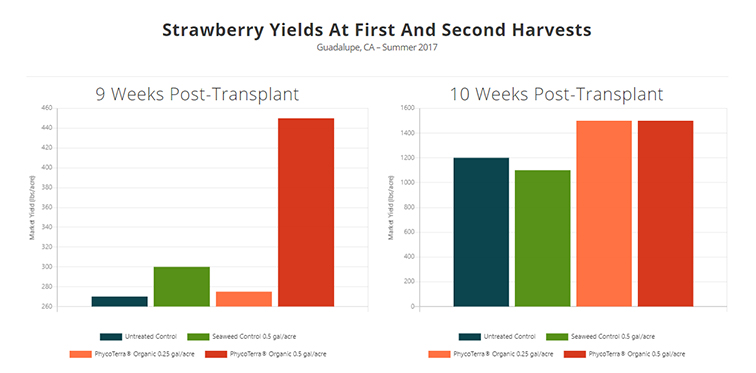It’s Your Duty To Challenge The ‘Dirty Dozen’ List [Opinion]
 I don’t think anyone would disagree with me when I say, there’s a lot going on in all of our businesses. From labor to food safety issues, to handling your own specific challenges on the farm, there are no dull moments.
I don’t think anyone would disagree with me when I say, there’s a lot going on in all of our businesses. From labor to food safety issues, to handling your own specific challenges on the farm, there are no dull moments.
When I saw the Environmental Working Group’s (EWG) latest “Dirty Dozen” list put strawberries at the top, my first thought was, “Really? We’re all too busy to have to deal with these guys again.”
But that’s not the right attitude to have. As many of you know, the EWG puts out its annual dirty dozen list highlighting produce it has indicated has the most pesticide residues. This group has focused on many different crops over the years, and this year strawberries graced the top of the list. The No. 2 spot was taken by apples, which was the No. 1 crop in 2015. Vegetables are further down with celery at No. 5, spinach taking No. 8, tomatoes sitting at No. 9, and rounding out the top 10 are sweet bell peppers.
The crops on the list are not as important as the reason for the list. Does the EWG really think EPA’s rules regarding pesticide residue are not stringent enough? It seems like it is more about shining a spotlight on crop protection.
You know your produce is safe. You know your produce offers consumers the nutrients they need for good health. The thing is, not everyone knows just how nutritious fresh fruits and vegetables are, and they certainly don’t know about the safety factor.
This is where the words of the Alliance for Food and Farming (AFF), a nonprofit organization representing organic and conventional farms, can be of help. The AFF, once again, immediately got the word out about the EWG’s list and how the group takes things to the extreme. AFF stated the reason the EWG moved strawberries to the top was to garner more media attention.
The AFF uses facts cited from the USDA Pesticide Data Program, which says findings show “residues do not pose a safety concern.” AFF also highlights the nutritional value of strawberries.
Obviously, I’m siding with science on this one, but it’s important that the public isn’t led astray because the EWG is trying to get back in the limelight.
In your corner of the world, are you letting customers know about the safety of your produce, and how, what — and most importantly, why — you spray? What about nutritional value? If you aren’t sharing this information, you may want to. You certainly don’t want the EWG to bend their collective ears.
I’m sure your farming “to do” list is a mile long, but making sure you have the confidence of your customers will positively impact your business and teach them about how their food is produced.
Tell them about your list, not the EWG’s.










